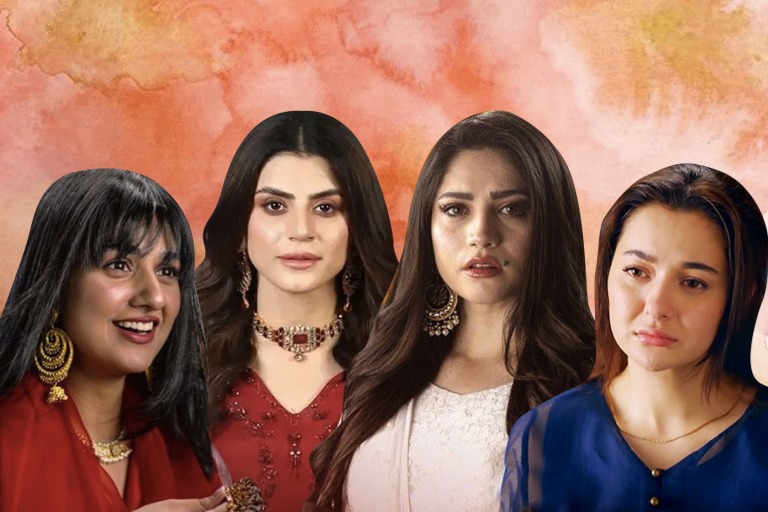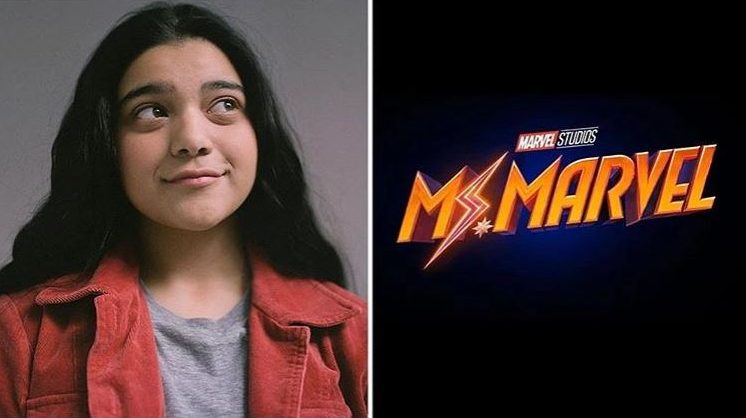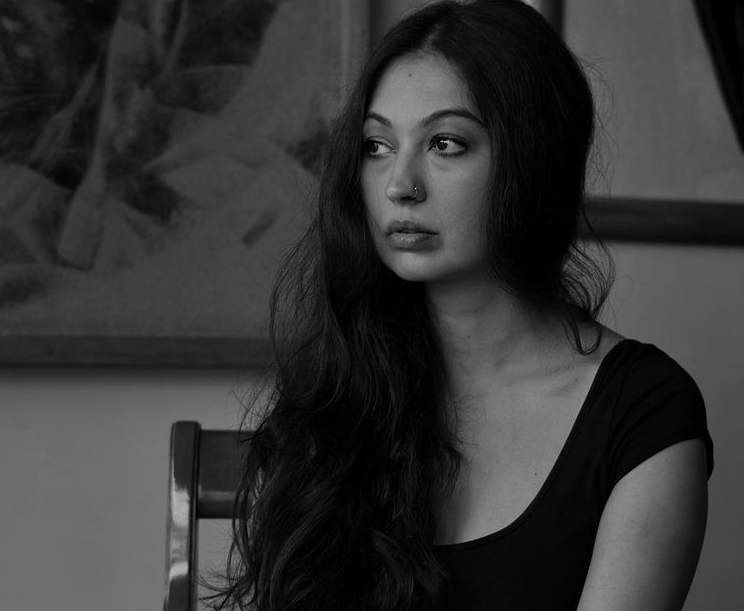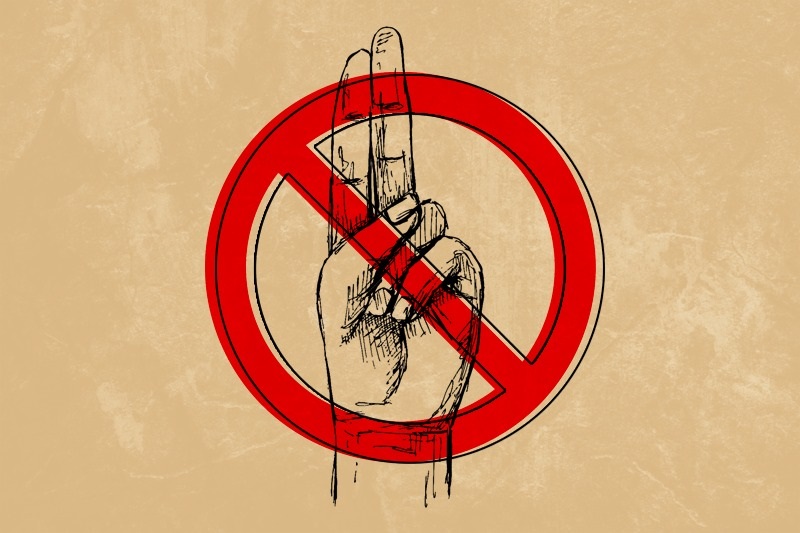KARACHI: There has been quite some debate about the men on our screens. Spare a couple, most of them are toxic, abusive, manipulative or have the worst definitions of ‘love’. Female characters are not so much better off either. Usually in strike contrast to their male leads, the women are submissive, naïve and at times downright stupid. Either that or they are the cunning sister or mother-in-law whose manipulation never ends. It is 2022 and many might expect Pakistani dramas to experiment with new characters, something that challenges the actor and excites audiences. Instead, we are stuck in a loop of overused scripts, storylines and one dimensional characters. Here are a few examples of the typical women we can see in some of the most watched dramas these days.
The gold digger
For the longest time, many South Asian women have been labelled ‘gold diggers’ for wishing for a financially stable partner when they have been denied financial independence. While women try to become financially independent and break free from the tag of ‘gold diggers’ in our society, our dramas seem to be going in reverse gear. Take Sarah Khan’s character from Wabaal for one. Born into a middle class family, Anum’s only dream is to be rich. She takes manifestation a notch up by pretending to belong to the upper class in front of her friends. From faking her whole lifestyle to demeaning her father over every penny, Anum’s character is shallow and simply money minded.
View this post on Instagram
Not too far behind is Shazma from Woh Pagal Si. Played by Zubab Rana, Shazma is the prime example of women who are reduced to pretty faces that lure men with the sole intention of getting all of their money. Shazma is not only cheating on her husband with her boyfriend, she only got married in the first place to take over her husband’s wealth. Starting off as his secretary, Shazma gives up on everything once she marries him. She no longer has any career ambitions or wishes to be successful in the business that her husband owns. And of course, aiding her throughout all of this is another woman, her mother who also free loads and stays in Shazma’s house simply because of the lifestyle she can enjoy there.
View this post on Instagram
Even when women like Ayesha (Ushna Shah) and Bano (Dania Anwar) are ambitious and wish to be independent in dramas like Habs, another female character in this case their mother, is shown to be a materialistic and greedy woman who constantly pulls her daughters down.
The abusive mother-in-law
This one is a classic. In a society where saas has been used with a negative connotation to it for decades, Pakistani dramas are furthering the belief that mother-in-laws need to be feared. Shahjahan from Mere Humsafar is a prominent example. We loved Mere Humsafar for months but then, not only did the drama get stretched on for far longer than necessary, Saba Hamid’s character also would not stop with her tactics. As viewers, we got tired of witnessing her plot one thing after another but somehow the character didn’t run out of ideas. From verbally and physically abusing Hala (Hania Aamir) initially to convincing both of her children to divorce their respective partners, Shahjahan is simply tiring to watch.
View this post on Instagram
Another example of a wicked mother-in-law is Gul-e-Rana as Naseem in Pyar Deewangi Hai. Also after her daughter-in-law played by Neelam Munir, Naseem goes to any extent to break off her son’s marriage. What is even more baffling is how all the other characters in the dramas continue to fall prey to traps that women like Shahjahan and Naseem lay out for everyone.
View this post on Instagram
The victim
South Asian societies have a particularly hard time believing women who are abused and victim-blaming is a common practice. However, our writers seem to be particularly fond of victimizing women and portraying them as the helpless bechari. Hala from Mere Humsafar is a prime example of a woman who was tortured since childhood by her aunt. She had a daadi who would often come to her rescue but the abuse portrayed in the drama went on to an unhealthy extent. Even after Hala finds a confidante in her husband Hamza, her aunt-turned-MIL keeps on planting traps to trick Hala and Hamza both. Even after all the abuse suffered, lies told and misunderstanding created, Hala does not have it in her to ask Hamza to move out of his parents’ house. If it is the environment that is harmful for her, why does she not ask to be removed from it without having to leave her husband?
View this post on Instagram
Rabi (Neelam Munir) from Pyar Deewangi Hai is another example of a woman who has a husband who loves her unconditionally and yet, the mother-in-law always manages to create misunderstandings between them. Unsurprisingly, this MIL is also Rabi’s aunt, much like Mere Humsafar, and while the victim knows that her saas does not approve of her, Rabi still falls prey to her tactics. Rabi follows her to a peer to be treated for infertility when both of them know that she is completely healthy.
View this post on Instagram
The backup plan
Of course, when there is a cunning mother-in-law and a helpless protagonist in the picture, room is automatically made for a side chick whose only desire in the world is to win over a married man. Be it Shamsher from Kaisi Teri Khudgarzi, Mateen from Pyar Deewangi Hai or Zaheen from Woh Pagal Si, all of these men have a woman (usually a relative or second cousin) waiting for their marriage to break off so that they can jump in. These women go to extreme lengths to win over a man who is not only married but also not interested in them in the least.
View this post on Instagram

 Artwork by Aamir Khan
Artwork by Aamir Khan











